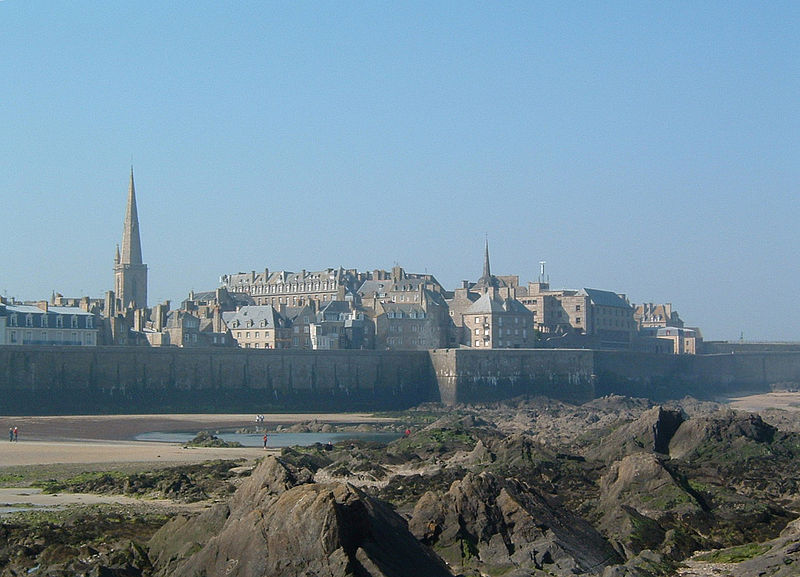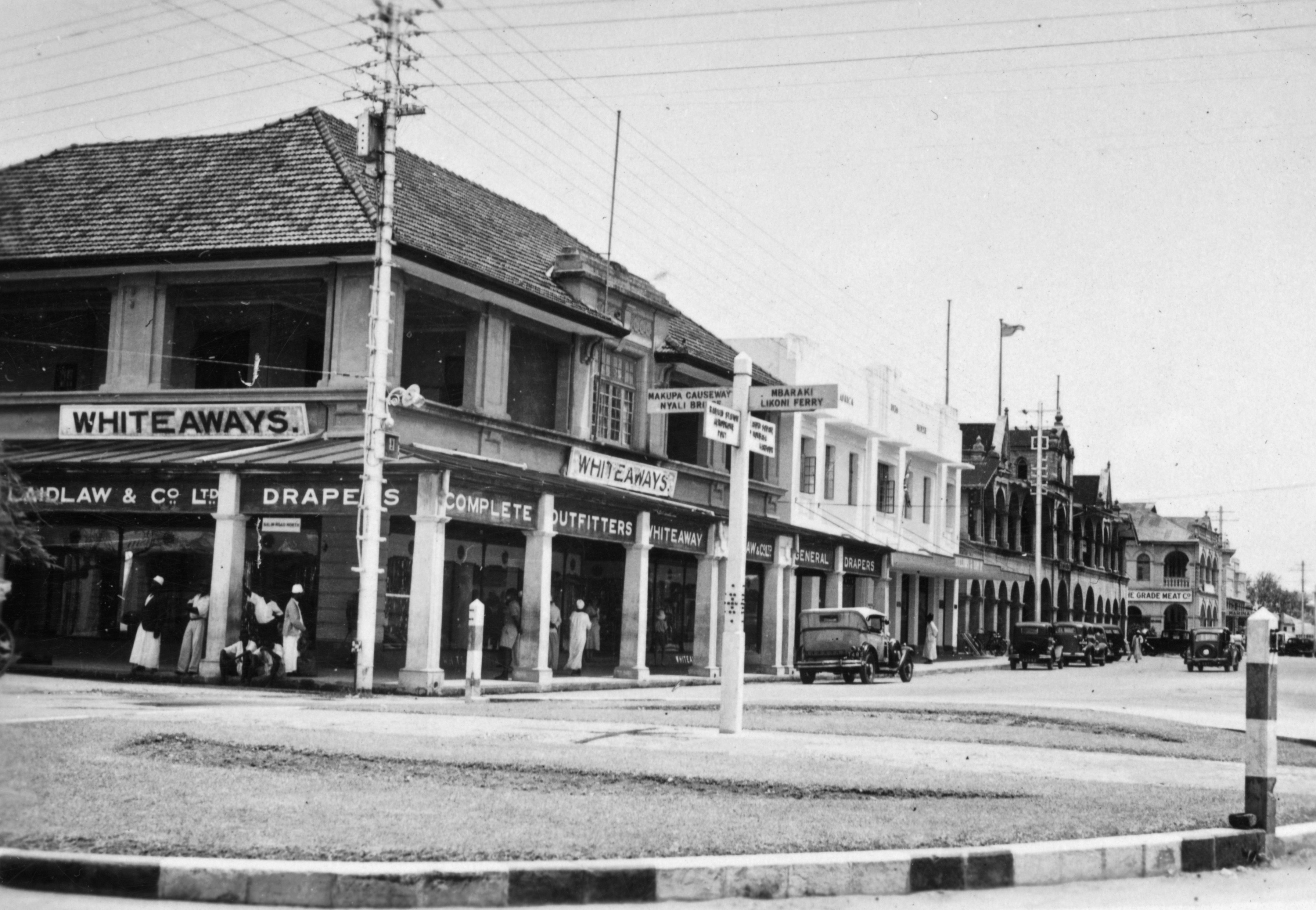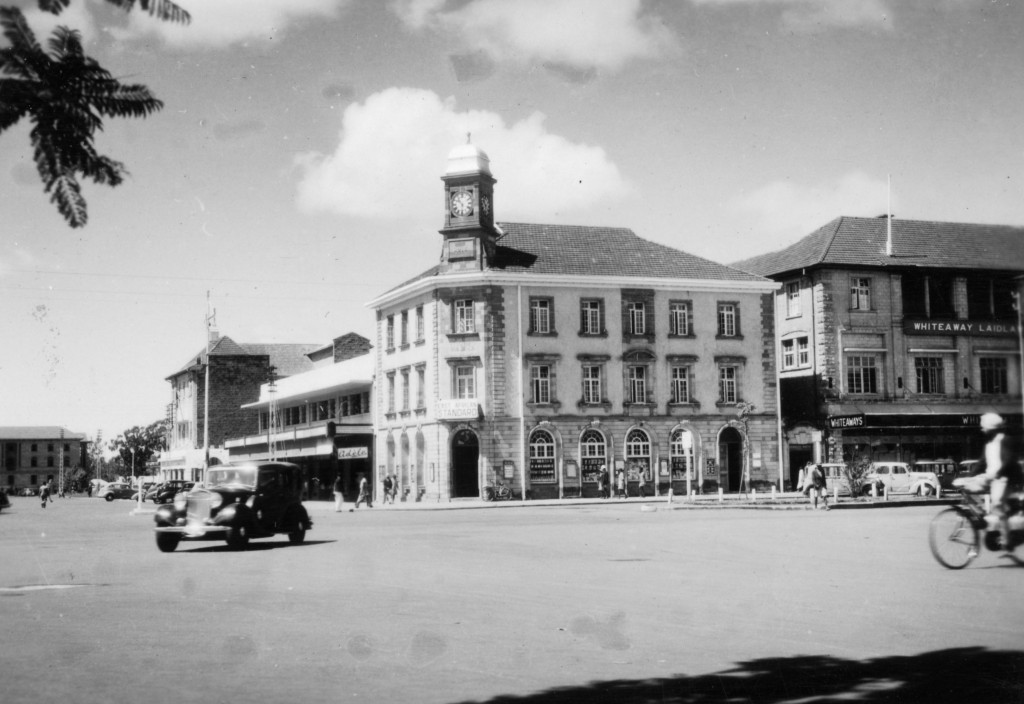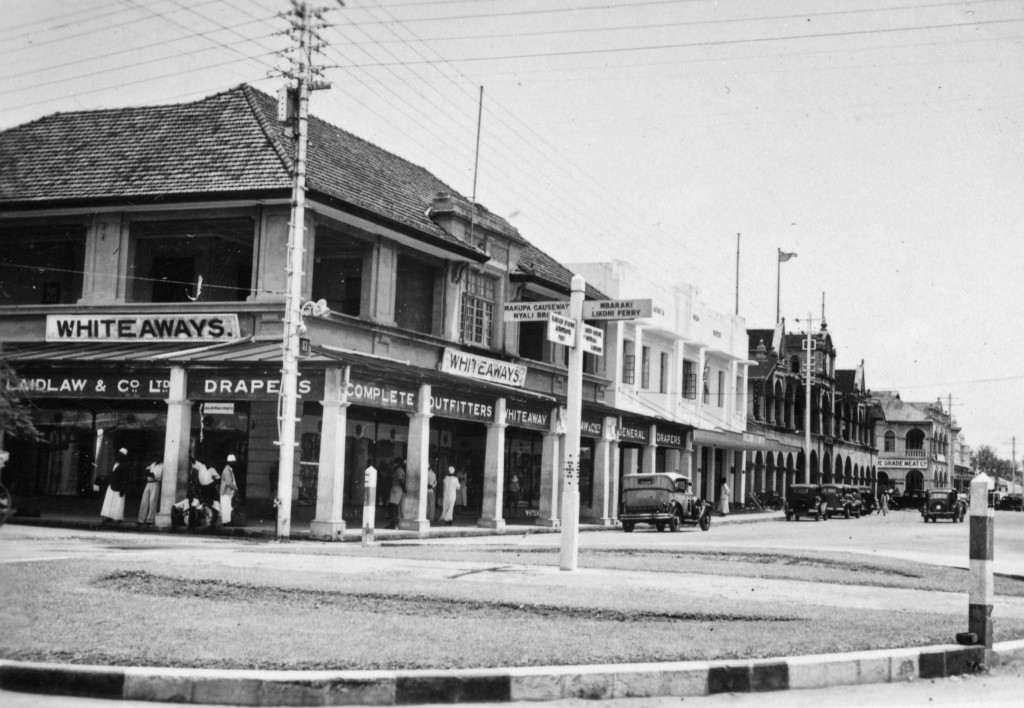At dusk they pour from the sky.
Opening line, All the Light We Cannot See, Anthony Doerr
There’s a chair at the kitchen table that I sit on for hours some days. Reading my own work forwards and backwards – backwards is a trick I learned in translation school – I’m forever searching for better ways to say everything. To get an editor’s tick, I have to stay on the chair. So I stay until the job’s done, or until life interferes.
Right now, a book of French fairy tales keeps me here. The repetitive acts of translating, reading, editing and reading again, in the hope of arriving at the perfect story, are driving me into an unproductive blankness. So here I am, writing on this blog, writing just for the distraction of it, analysing what makes writing work well.
My story has to make it further than an editor’s slush pile, and one element, more than any other, is the lure: the very first line. If it’s not great, he might not read the second.
Once, because I was 54 years old, I wrote 54 blog posts about opening lines (click the category link…). It was a thoroughly enjoyable exercise that taught me a lot. Now, as I have in life, I’m going on from 54 to see how many more I can find. It won’t be simple, for not all the stories on my bookshelves begin with a great opener. But I’ll challenge myself even further, now and then, to find great translated opening lines. You know, the sort of oft-quoted line such as “All happy families are alike but an unhappy family is unhappy after its own fashion.” Anna Karenina by Leo Tolstoy, translated by Rosemary Edmonds.
Today I won’t begin with translation but with a novel originally written in English. I found this great opener that immediately had me hooked in All the Light We Cannot See by Anthony Doerr, on a page entitled ‘Leaflets’:
At dusk they pour from the sky.
The story is set in World War Two in Saint-Malo, Brittany, France. Fascinating. A page-turner. Great to read aloud.

It shouldn’t be hard to get to 100 (blog posts that is…). I’ll write about great opening lines whenever I need a break, which happens every few days! Please tell me if you know of any yourself!
Header credit: Jean-Christophe Windland, on Wikimedia Commons
***




